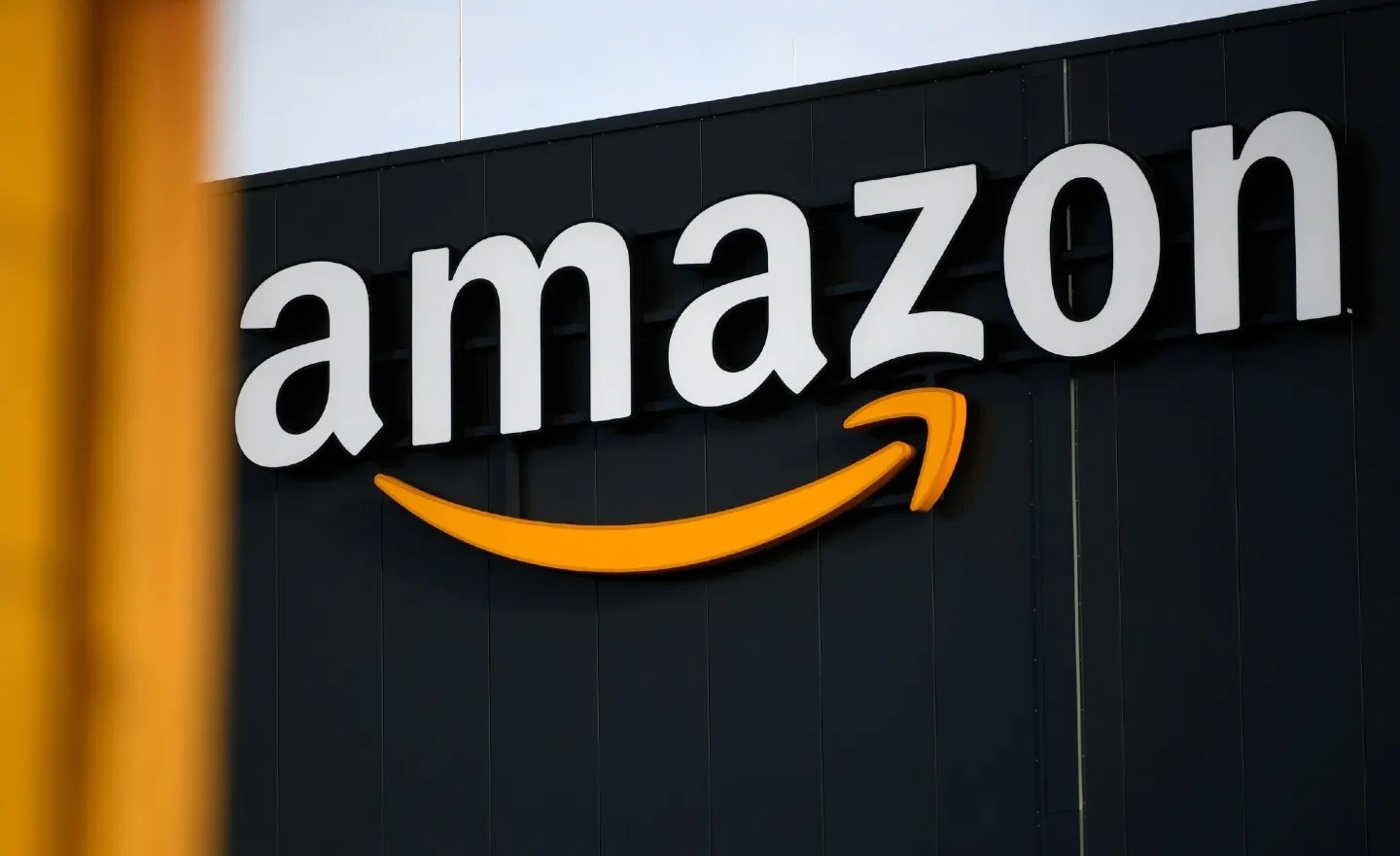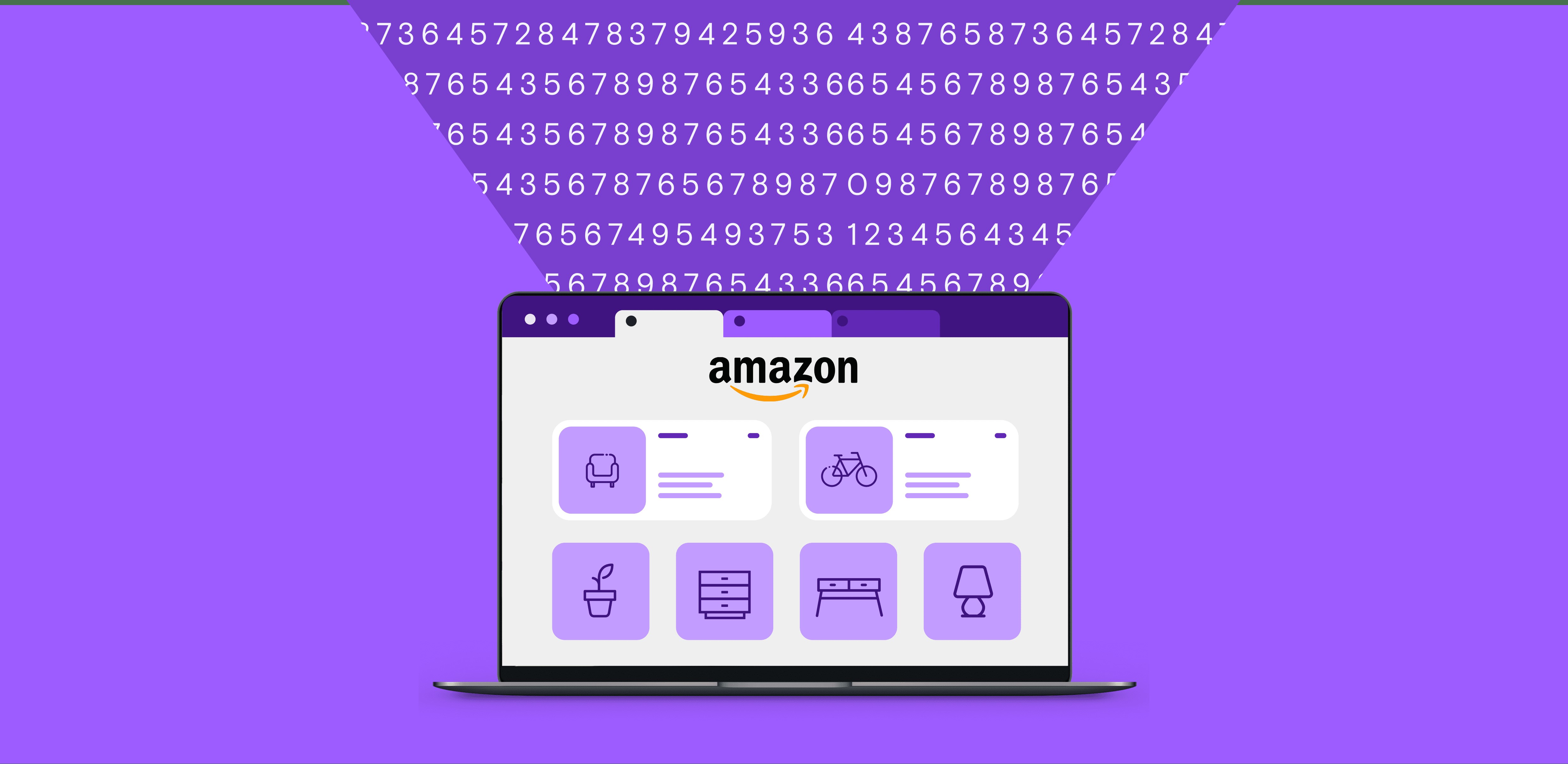 Much of Amazon’s massive growth, which has grown from selling books in Jeff Bezos’ garage to a global conglomerate with annual revenues exceeding $400bn (£290bn), is fueled by its customers’ data. The 200 million users who are Amazon Prime members are not only the company’s most valuable customers, but also its richest source of user data. The more Amazon and its services you use, whether it’s a shopping app, Kindle e-reader, Ring doorbell, Echo smart speaker, or Prime streaming service, the more its algorithms learn what kind of person you are and what you’re likely to buy next. It is easy to deduce. The firm’s software is so good at forecasting that other companies can rent its algorithms as a service called Amazon Forecast.
Much of Amazon’s massive growth, which has grown from selling books in Jeff Bezos’ garage to a global conglomerate with annual revenues exceeding $400bn (£290bn), is fueled by its customers’ data. The 200 million users who are Amazon Prime members are not only the company’s most valuable customers, but also its richest source of user data. The more Amazon and its services you use, whether it’s a shopping app, Kindle e-reader, Ring doorbell, Echo smart speaker, or Prime streaming service, the more its algorithms learn what kind of person you are and what you’re likely to buy next. It is easy to deduce. The firm’s software is so good at forecasting that other companies can rent its algorithms as a service called Amazon Forecast.Data, data, data
After former Microsoft CEO Steve Ballmer shouted “developers, developers, developers” on stage, the technology world now puts the data they collect, not the developers, at its center. The more data, the more income. This data also comes from extensive user surveillance.
Those who request their data from Amazon are astounded by the sheer amount of information sent to them, including audio files from every conversation they have with Alexa, the company’s voice assistant. Of course, it’s not just Amazon that collects data, others like Google, Facebook and Apple do it too.
What data does Amazon collect?
Strict EU regulation in the General Data Protection Regulation (GDPR) and its UK equivalent Data Protection Act limit the ways in which personal data can be used in Europe compared to the US. But according to Amazon’s privacy policy, the tech giant still collects a large amount of information. These cover three areas: information you give to Amazon, data collected automatically, and information from other sources, such as delivery data from carriers.
When you talk to the Alexa voice assistant, Amazon monitors your name, address, searches and records, orders you place, content you watch on Prime, your contacts if you install it, and your e-mail communication with it. Meanwhile, the “cookies” you accept while using the website are used to “enhance your shopping experience” and improve its services.
 Some of the data is used for “personalization” but a lot can be learned about you. For example, if you use the online-only retail site through the app or website, Amazon will collect data such as purchase dates, payment and delivery information. According to experts, only thanks to this data, Amazon can learn where you work, where you live, how you spend your free time, who your family and friends are.
Some of the data is used for “personalization” but a lot can be learned about you. For example, if you use the online-only retail site through the app or website, Amazon will collect data such as purchase dates, payment and delivery information. According to experts, only thanks to this data, Amazon can learn where you work, where you live, how you spend your free time, who your family and friends are.Information about what you watch and listen to on Prime Video and Fire TV can reveal your politics, religion, culture and economic situation, says Rowenna Fielding, director of data protection consultancy Miss IG Geek. Similarly, with Amazon Photos, information such as geolocation tags, device information or the attributes of people and objects in the images are collected. Similar user data is also collected with services such as Amazon Echo, Alexa and Kindle.
But Amazon says most of the information it collects is necessary to make its products work properly. Amazon underlines that biometric data such as facial data or voice is not stored, and that what is stored is not shared with third parties.
But even these statements do not alleviate concerns. A study conducted by the BBC in 2020 showed how every movement detected by Ring doorbells and every interaction with the app is stored, including the phone or tablet model and the mobile network used. Ring can share your stored data with law enforcement if you give permission or a search warrant is issued.
How does Amazon share data across its services?
 Simply put, the more services you use, the more opportunity Amazon has to collect your data. However, it is unclear exactly what is being shared within Amazon’s own companies. The privacy policy section on data sharing within the Amazon group of companies is “quite limited”, experts say. With this in mind, it states that people “should assume that any information shared with an Amazon entity will be known to others.”
Simply put, the more services you use, the more opportunity Amazon has to collect your data. However, it is unclear exactly what is being shared within Amazon’s own companies. The privacy policy section on data sharing within the Amazon group of companies is “quite limited”, experts say. With this in mind, it states that people “should assume that any information shared with an Amazon entity will be known to others.”How is data shared with third parties?
Like Google and Facebook, Amazon operates an advertising network that allows advertisers to use customer data for targeting. Although Amazon does not share information that can directly identify an individual, such as name or email address, it allows advertisers to target based on demographics, location, interests and previous purchases.
What can be done to stop data collection?
Amazon’s data collection is so massive that the only way to stop it completely is to not use the service at all, just like Google, Meta, and others. However, there are some ways to alleviate the situation.
If you are concerned about what Amazon knows about you, you can request a copy of your data from the company by filing a “data subject access request”. Amazon also allows deletion of your records on services such as the Alexa assistant and Ring doorbell. For example, when talking to Alexa, you can say: “Alexa, delete what I just said” or: “Alexa, delete everything I said today.”
Amazon says it allows customers to view their browsing and purchase history from “Your Account” and manage which items are available for product recommendations. However, you can also use privacy-focused browsers and VPN services such as DuckDuckGo or Brave.
 Even if you do all these, you should not forget that in today’s world – unless you live in a deserted forest – your data is collected in one way or another. Yes, companies do not share or collect your face, name, or anything that directly identifies you. But take a look at the image above. Everything in the room, every area of interest, every item actually indirectly defines its user. Therefore, there is no need for anyone to know you, because the things that make you who you are are already known.
Even if you do all these, you should not forget that in today’s world – unless you live in a deserted forest – your data is collected in one way or another. Yes, companies do not share or collect your face, name, or anything that directly identifies you. But take a look at the image above. Everything in the room, every area of interest, every item actually indirectly defines its user. Therefore, there is no need for anyone to know you, because the things that make you who you are are already known.